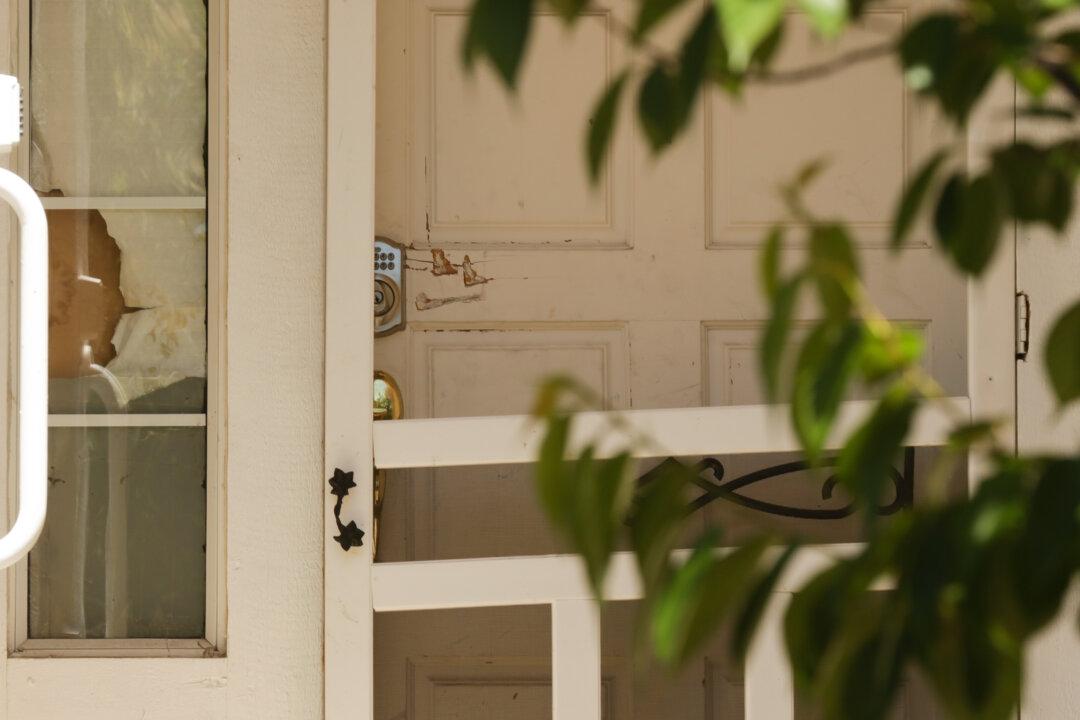California landlords might soon have new rules to follow for changing the door locks of abuse survivors after a bill cleared both the state Assembly and Senate.
The legislation was introduced by Sen. Susan Talamantes Eggman, a Democrat from Stockton, and would require landlords to pay for changing the door locks.





